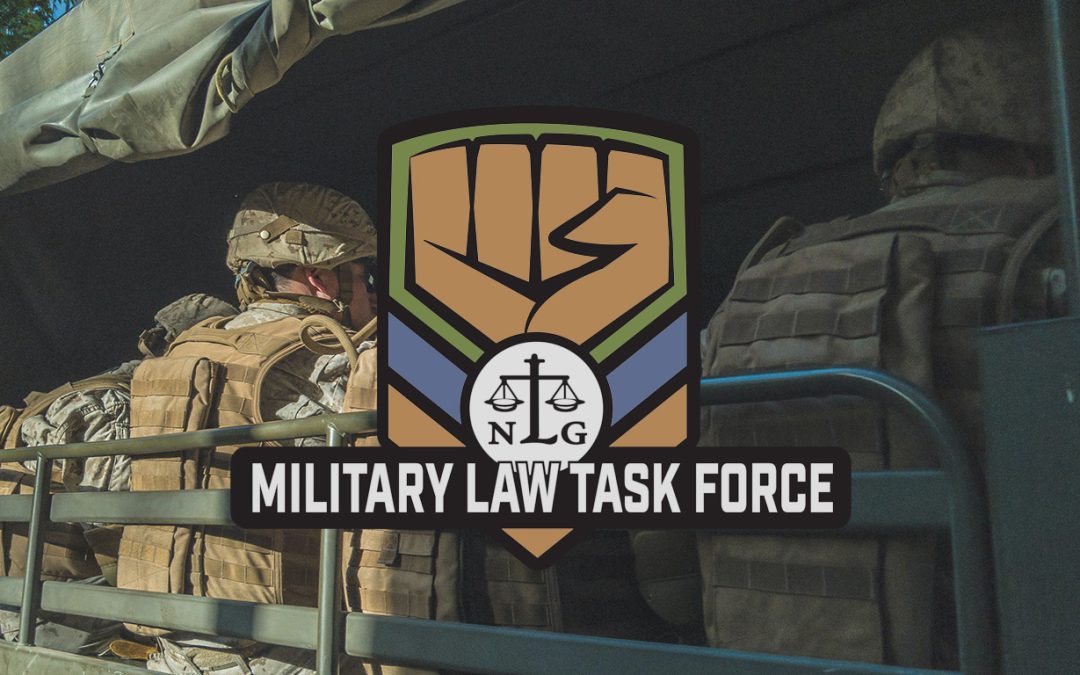BY JEFF LAKE
As the year 2019 began, the administration’s attempt to ban military service by transgender people was blocked by four nationwide injunctions in Washington State, California, Washington D.C. and in Maryland. In November, 2018, the Justice Department had petitioned the United States Supreme Court and asked that the injunctions in Washington State, California and Washington D.C. be stayed claiming that it was “of such imperative public importance as to justify deviation from normal appellate practice and to require immediate determination.” The government’s motion to dissolve the injunction in Maryland was pending.
On January 4, 2019, the injunction issued in Washington D.C. was overturned on appeal. The Court of Appeals for the District of Columbia concluded, “we must recognize that the Mattis Plan plausibly relies upon the ‘considered professional judgment’ of ‘appropriate military officials,’ and appears to permit some transgender individuals to serve in the military consistent with established military mental health, physical health, and sex-based standards. In light of the substantial constitutional arguments and the apparent showing that the policy accommodates at least some of Plaintiffs’ interests, we think that the public interest weighs in favor of dissolving the injunction.” This ruling left the three other injunctions in place, so it was of limited impact. The case in D.C. will now proceed to trial where the assumptions stated by the Court of Appeals can be tested with real facts.
On January 22, 2019, the U.S. Supreme Court responded to the Justice Department’s petition from November. The court issued “Orders in Pending Cases” and stated that in both the Washington State and California cases, the injunctions were now stayed pending the disposition of the Government’s appeal in both cases. The Order noted that Justices Ginsburg, Breyer, Sotomayor and Kagan were not in agreement. Thus, the injunctions are now stayed by was of a simple unsigned order from the Supreme Court.
Following these decisions, the injunction issued in Maryland remains as of the publication date of this issue of On Watch. The day after the U.S. Supreme Court rulings, the Justice Department notified the Maryland court that it intended to file a motion to strike down the injunction there immediately. The
Department’s filing asserted that the judge in Maryland had no choice but to follow the U.S. Supreme Court’s decision. The Department of Defense has indicated that because the injunction is still in place there has been no immediate change in policy.
In Congress, resolutions have now been introduced in both the House and the Senate opposing the ban on transgender military enlistment and service. In the Senate, the resolution was brought by Kirsten Gillibrand, a candidate for President in 2020. Senator Gillibrand also brought Blake Dremann, a transgender Navy Lieutenant Commander and President of SPART*A (Servicemembers, Partners, Allies for Respect and Tolerance for All), as her guest to the State of the Union address. Presumably, if Senator Gillibrand does become President, then any ban in effect as of January, 2021 will be repealed quickly.
So, it seems that after an initial round of success, the higher courts are more reticent to challenge the administration when it comes to military policy. The good news, if any, is that the cases will proceed to trial in front of judges who have already issued injunctions and found, at least initially, that the policies are unconstitutional. The bad news, of course, is that those who are ready and willing to serve in the military will be discriminated against due to the prejudices and political whims of those in the White House and the Pentagon.
The MLTF will continue to follow developments regarding this issue. Please subscribe to On Watch to learn about the latest news and court rulings.
Jeff Lake is Chair of the NLG Military Law Task Force. He is in private practice in San Jose, California.



